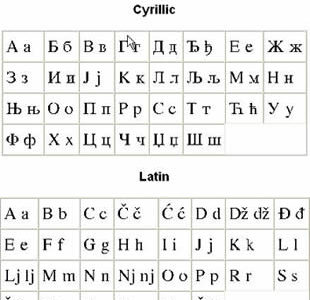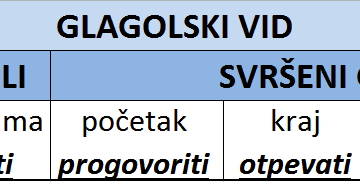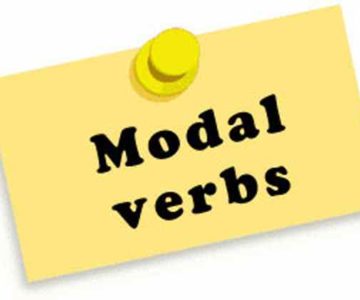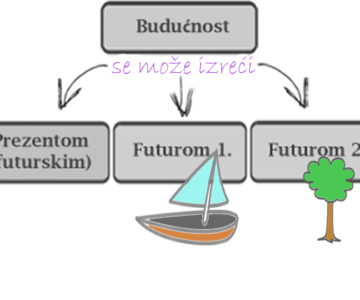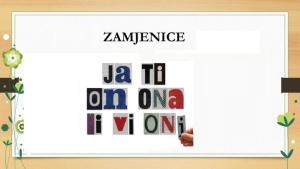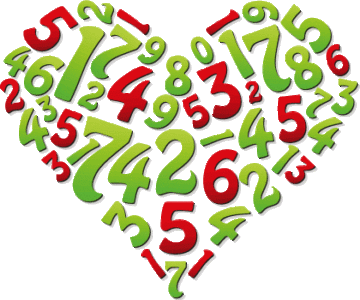How to read and write
Montenegrin/ Serbian is an easy language to spell and pronounce. It follows phonetic principal — every letter represents only one sound. In Montenegrin/Serbian you ‘write as you speak and read as it is written’. There are two alphabets in use — Latin and Cyrillic. Both the Latin and the Cyrillic alphabets contain 30 letters to represent…
